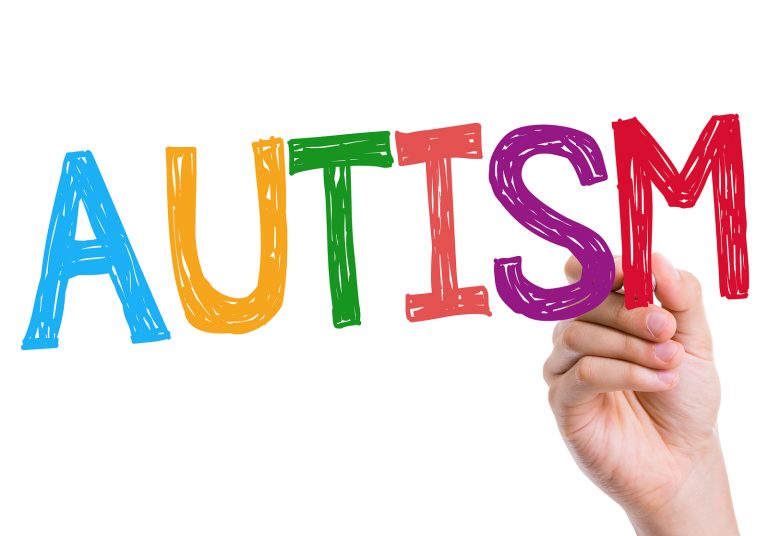A developmental disorder such as Autism can be hard to deal with when in isolation. A disease that cannot be controlled is conceived as ‘not normal’ by many people. In the era of already limited communication due to the pandemic, with people being restricted to laptop screens and zoom calls, Autism has found the ground to survive. This disease restricts one’s social interactions and uncovers obsessive interests and repetitive behavior. Experts believe that early diagnosis of Autism spectrum disorder can significantly help in reducing the symptoms, but the disease can never be cured.
The Pandemic Helped To Shift The Focus Towards Autism
Imagine living with a disorder, where telling people how you feel is not an option. As Autism affects a lot of the population, many children who were born during the pandemic or are constantly growing through the pandemic can be diagnosed as Autistic.

A Stanford University developmental and behavioral pediatrics says, “One-year restrictions are enough to devoid children of the much-needed social interaction. Children are expressive and if that is taken away from them, it can become a major problem. These effects can be long lasting and cannot be shoved under the carpet just because a pandemic is going on.” She adds, “The kids are isolated from their friends and this may show in their behavior. They may show signs of stress and become less enthusiastic if they don’t get the much-needed exposure.”
People who are new to parenting are missing out on collecting valuable information from the teachers and care providers. When in a public space such as school, kids affected with Autism can show symptoms and all of these are noticed by the teachers. In the times of the pandemic, where online schooling is the new way of getting educated, the behavioral changes are hidden from the educators. The only attention the kids are getting is from parents and nobody other than that.
The developing years are very crucial for a child. Some of the things the parents can do to self-diagnose Autism are 1. They can check whether their 9-month-old baby reacts to his/her name or not. 2. By the time the child is 15 to 18 months old he/she should be able to follow simple directions 3. A 4-month-old baby is capable of making eye contact and responding to smiles. All of these can be early indicators of Autism. These directions are mentioned in a book named “Quirky Kids: Understanding and Supporting your child with Developmental Differences”, says author Dr. Costello
While growing these kids go through a lot of bifurcation and are judged based on their behavior. But Autism spectrum disorder is common and can happen to anyone. Every other person has a different way of dealing with the world and Autism can be accepted as one of those ways.
Not just kids but adults who have tried to mask their social distinction from the world are now out in the open and are vulnerable more than ever. Gopika Kapoor who works as an Autism consultant says, “Adults try to conceal their Autistic identity, and this results in losing their individuality. This impacts all of their relationships and leaves a long-term effect. It leaves people spiraling in self-doubt and self-harm seems to be the only option to escape the mind jungle.”
Camouflaging your own identity and the feeling that you don’t fit can be someone’s worst nightmare. The pandemic has exposed our fears and we need to focus on this. This time is not only to focus on ourselves but to think of others as well. This is the time to show empathy and work towards the stigma surrounding Autism.
